With the increasing popularity of electric vehicles (EVs), charging has become one of the most important concerns of EV users. In the U.S. market, most electric vehicles widely adopt SAE J1772 standard as the charging standard. However, Tesla has its own independent charging standard. There are 45,041 J1772 stations and 4,404 Tesla NACS stations in the U.S. according to energy.gov. If you're a non-Tesla owner driving down the road and you're next to a Tesla charging station, non-Tesla EV owners will need to purchase the Tesla to J1772 adapter.
1.Tesla to J1772 Adapter Definitions and Functions
The SAE J1772 adapter is a device that converts the standard SAE J1772 charging interface into different charging interfaces, allowing non-standard charging equipment to be compatible with electric vehicles. The SAE J1772 standard is a charging interface standard established by the Society of Automotive Engineers (SAE) that most electric vehicle manufacturers adopt.
The SAE J1772 standard is essential in electric vehicle charging because it defines the communication protocol, safety standards, and power transmission specifications between charging equipment and electric vehicles. Adhering to the SAE J1772 standard ensures a safe and reliable connection and efficient transfer of power during charging.
The purpose of a Tesla to J1772 adapter is to provide compatibility between Tesla's proprietary charging interface and the widely adopted SAE J1772 charging equipment. Since Tesla uses its unique charging standard, non-Tesla electric vehicle owners require a Tesla to J1772 adapter to connect with Tesla's charging equipment. This adapter enables non-Tesla electric vehicle owners to use Tesla's charging stations, eliminating the limitation of relying solely on Tesla's proprietary charging network.
2.Charging Basics
Depending on the type of current and the speed of charging, charging can be categorised into two main types: slow charging and fast charging.
Slow charging uses a standard household power supply, usually AC charging, and is slower. Fast charging uses specialised AC equipment and usually requires a special charging plug, such as CHAdeMO (for Japan and some other regions) or CCS (for Europe and the US). These fast charging devices can charge an electric vehicle in a shorter period of time and support DC charging.
Fast charging is a higher-powered form of DC charging, most commonly found in Tesla's network of Superchargers. Superchargers provide high-speed charging through Tesla's proprietary charging plugs.
Because Tesla uses a different charging standard, non-Tesla electric vehicles cannot use Tesla charging equipment directly. As a result, the Tesla to J1772 adapter is necessary for many non-Tesla EVs using AC slow charging.The CCS1 is necessary for non-Tesla EVs using DC fast charging, allowing non-Tesla owners to use Tesla's charging stations and network for charging convenience and flexibility.
3.Tesla to J1772 Adapter Brands and Models
Mini Tesla to J1772 adapter:
Voltage: AC 250V
Current: Maximum 80A
Connector type: Female J1772 (J1772 type plug) -- Male Tesla NACS (Tesla type plug)
IP rating: IP65 (dustproof and waterproof rating)
Operating Temperature: -30°C~+50°C
Storage Temperature: -40°C~+85°C
Material: PC, PA66+25% glass fibre, silver plated copper
Certification: CE, FCC
Normal Tesla to J1772 adapter:
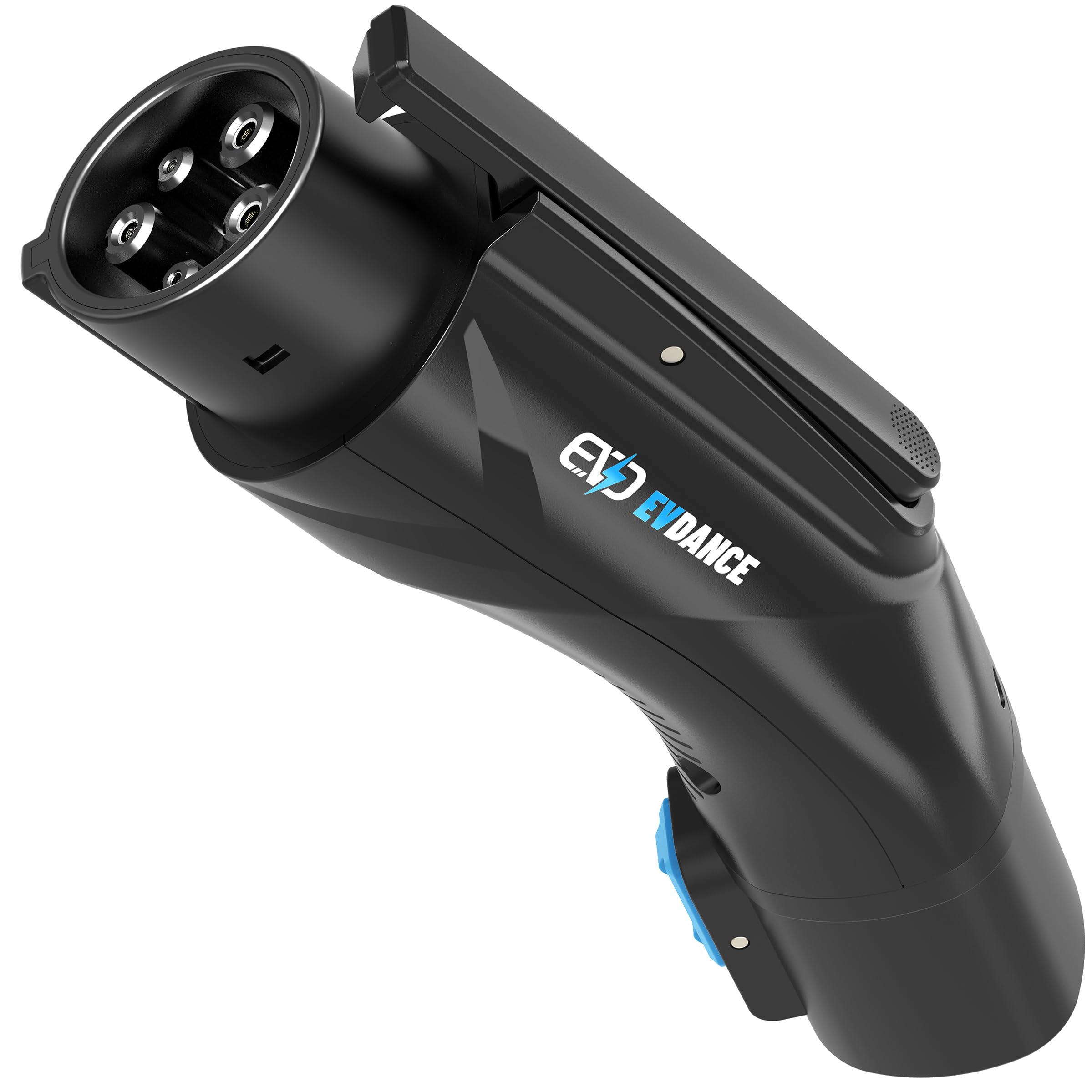
Voltage: AC 240V
Current: Maximum 60A
Connector type: Female J1772 (J1772 type plug) -- Male Tesla NACS (Tesla type plug)
IP rating: IP65 (dustproof and waterproof rating)
Operating Temperature: -30°C~+50°C
Storage Temperature: -40°C~+85°C
Material: PC, PA66+25% glass fibre, silver plated copper
Certification: CE, FCC
Mini model has relatively higher current and voltage tolerance, the maximum current is 80A and the maximum voltage is 250V, while the maximum current of normal model is 60A and the maximum voltage is 240V, so if you need higher current and voltage tolerance, you can choose the short model adapter. If you are more concerned about stability, the normal adapter may be more suitable for your needs.
4.Tesla to J1772 Adapter use and precautions for use
Steps for using the adapter:
- Connect the adapter to the charging port of your Tesla charger.
- Insert the J1772 plug into the J1772 slot on your tram.
- After confirming that the connection is secure, begin charging your electric vehicle via the J1772 adapter.
Caution:
Use a qualified adapter: make sure you are using an adapter officially supplied by Tesla to ensure compatibility and safety.
Follow the operating instructions: Before using the adapter, read and understand the adapter's instructions and operating guidelines to ensure proper operation and safe use.
Pay attention to safety matters: When using the adapter, please observe the following safety matters:
Do not charge the adapter that is broken, damaged or has suspicious problems.
Do not touch the internal parts of the adapter during charging and avoid touching the power wiring or any exposed metal parts.
Do not use the adapter in wet conditions or expose it to rain.
When the adapter is not in use, store it in a dry place away from heat and direct sunlight.
CHARGE SPEED: Using the adapter you can charge your Tesla vehicle using the J1772 charging cable. Charging speed will depend on the charging capacity of your Tesla vehicle and the maximum output of the connected charging device.
ADAPTER MAINTENANCE AND REPAIR: Periodically check the exterior of the adapter for visible damage or wear. If you notice any problems with the adapter, stop using it and contact a Tesla official for repair or replacement.
Conclusion
The Tesla to J1772 adapter has an important role to play in the charging process. It allows owners of non-Tesla electric vehicles to be able to charge using Tesla's charging equipment, providing a more convenient and wider range of charging options.
The benefits of using the Tesla to J1772 adapter include:
Expanded Charging Options: the relative ubiquity of Tesla charging equipment and the use of the adapter makes it easier for owners of non-Tesla EVs to find charging stations and charge.
Improved charging efficiency: adapters are designed to ensure high efficiency and stability in the charging process to ensure speed and quality of charge.
Reduces costs: The adapter saves non-Tesla EV owners money by avoiding the cost of purchasing additional charging equipment or replacing plugs.
Therefore, EV owners are encouraged to purchase and properly use the Tesla to J1772 adapter to be able to take full advantage of Tesla charging equipment for a more convenient and extensive charging experience.




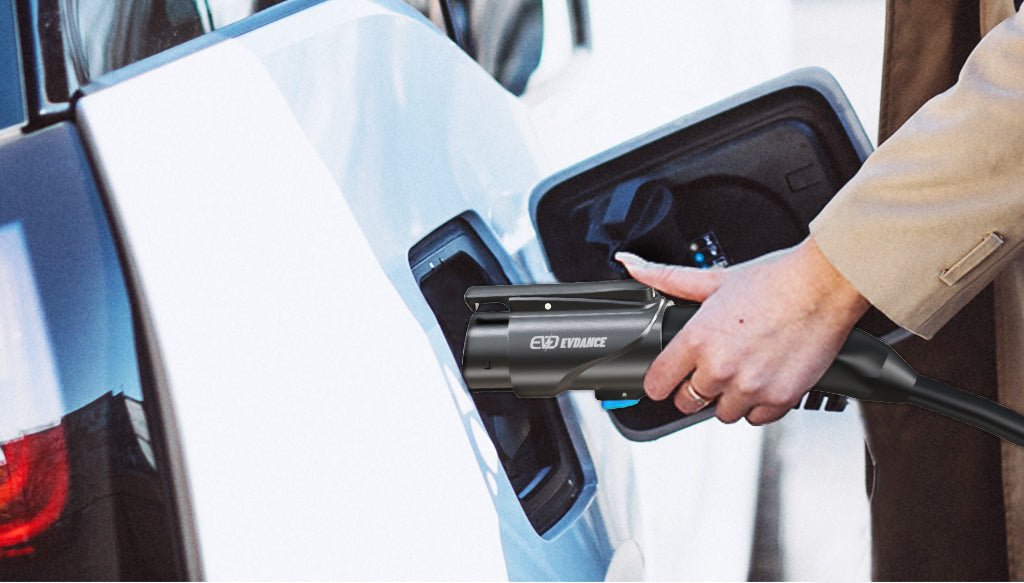
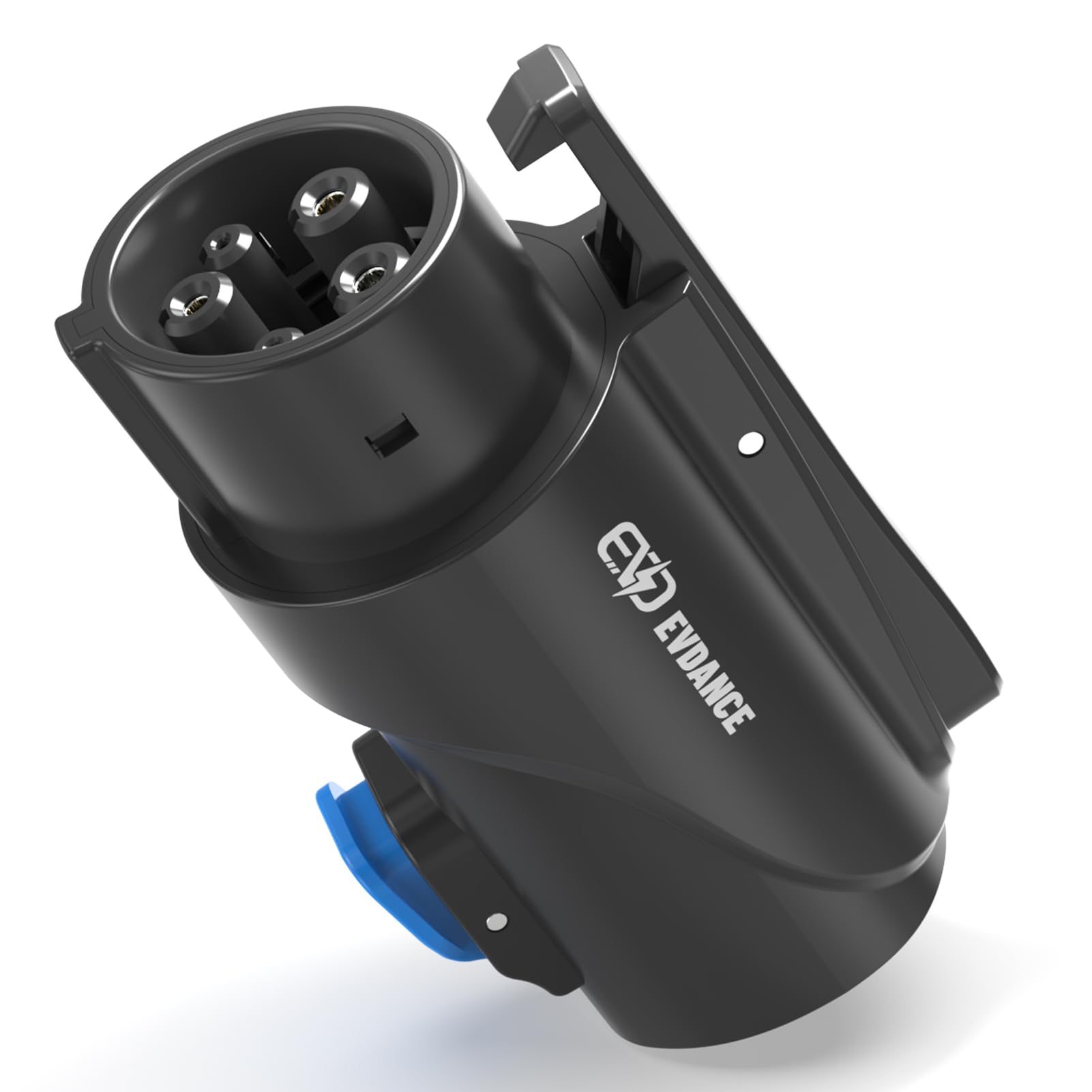
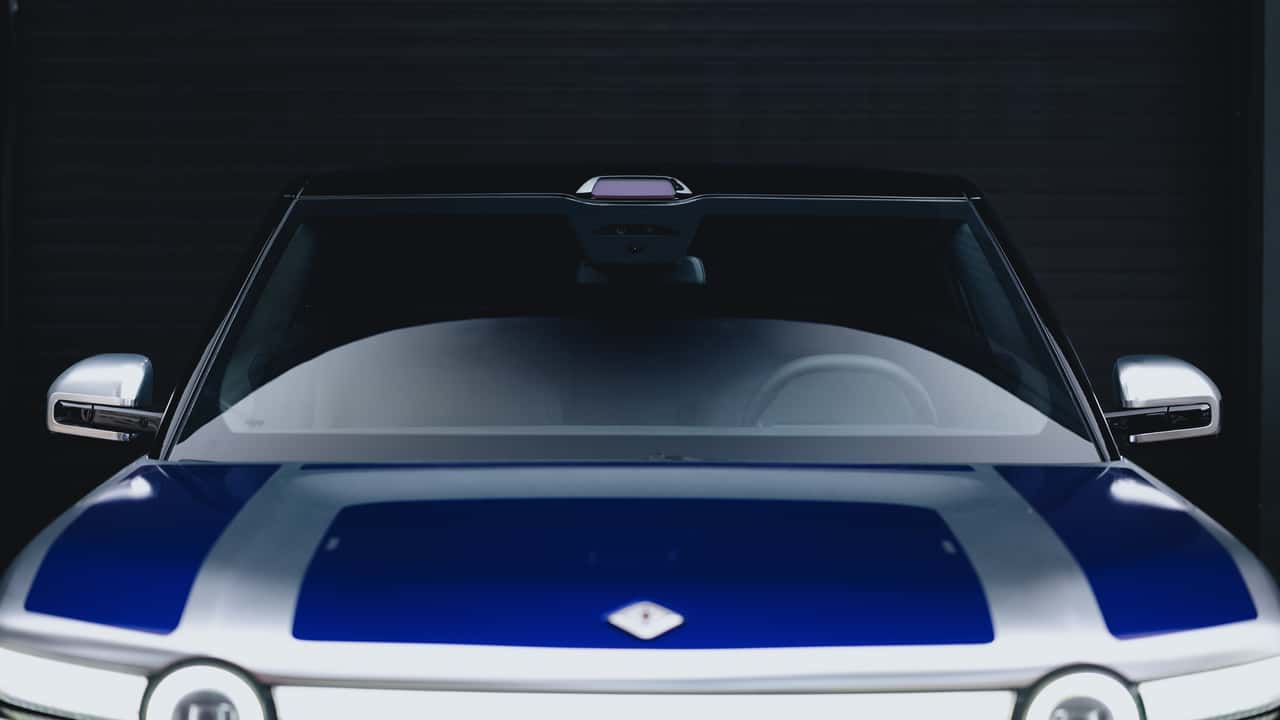
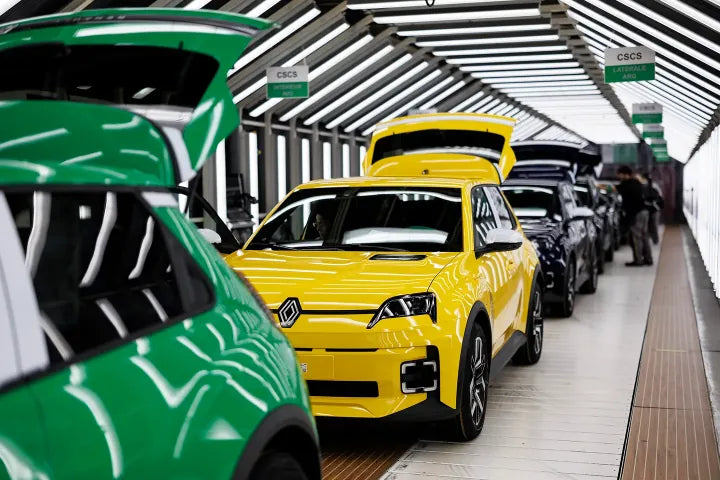
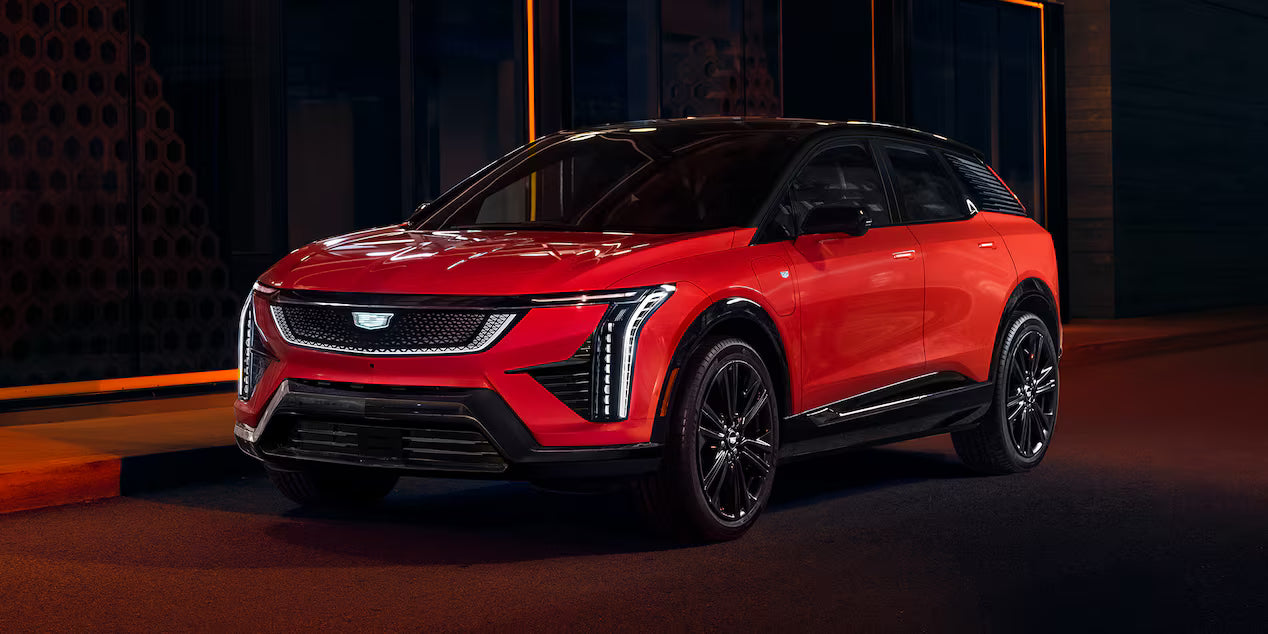
Share:
Using a Tesla Charger with Other Cars
The Ultimate Guide on EV Charging in 2024